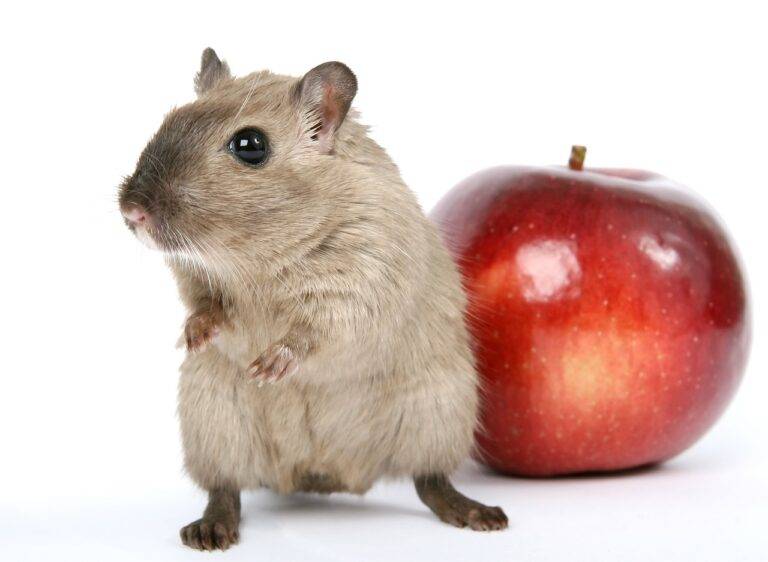The Future of Lab-Grown Meat: Addressing Ethical and Environmental Concerns
As concerns about environmental impact and animal welfare continue to rise, there is a growing shift towards sustainable protein alternatives in the food industry. Consumers are becoming more conscious of the impact their dietary choices have on the planet, leading to an increased demand for plant-based proteins and innovative alternatives like lab-grown meat.
This shift is not only driven by ethical considerations but also by the health benefits associated with consuming more plant-based proteins. Many people are turning to sustainable protein alternatives as a way to improve their overall well-being, as plant-based diets have been linked to lower risks of chronic diseases such as heart disease and diabetes.
The Process of Cultivating Lab-Grown Meat
Cultivating lab-grown meat involves a series of intricate steps that begin with collecting a small sample of animal cells. These cells are then placed in a nutrient-rich solution within a bioreactor, where they are able to proliferate and grow into muscle tissue. The bioreactor provides the ideal conditions for the cells to develop and mature, mimicking the natural process of muscle growth in an animal’s body.
As the cells multiply and form muscle tissue, they are periodically harvested and processed to create the final product of lab-grown meat. This process typically takes several weeks, depending on the type of meat being produced. Once the meat has reached the desired texture and flavor profile, it can be used in various food products such as burgers, sausages, and nuggets. The result is a sustainable protein alternative that offers the same nutritional value as conventional meat, but with a significantly lower environmental impact.
The Environmental Benefits of Lab-Grown Meat Production
Lab-grown meat production offers a more sustainable alternative to traditional livestock farming. This innovative approach has the potential to significantly reduce greenhouse gas emissions, land use, and water consumption associated with meat production. By cultivating meat in a controlled environment, lab-grown meat production minimizes the environmental impact typically seen in large-scale animal agriculture operations.
In addition, lab-grown meat production reduces the need for deforestation and habitat destruction. Traditional livestock farming often requires vast amounts of land for grazing and growing animal feed, leading to the clearing of forests and natural habitats. By shifting towards lab-grown meat, we can help conserve precious ecosystems and biodiversity while meeting the global demand for protein in a more environmentally friendly manner.





